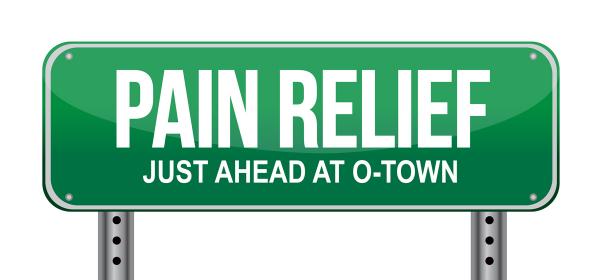Ways to Spare Yourself from Secondary Sexual Trauma


At a meeting this week, I was fascinated by the concept of Secondary Traumatic Stress. Secondary Traumatic Stress is when you become impacted by someone else’s trauma. This particularly tugged at my heart because I work with a lot of clients who have been impacted by sexual trauma, and over time it affects their partner’s sexual interactions with them. When you have a partner who has had some major sexual trauma, there are a few problems that can occur.
The Good and Bad of Empathy
The first problem that can occur is the double-edged sword of having empathy. As people and as lovers and partners, we tend to have empathy for our partners who have had sexual trauma. We listen to their story/stories, we provide feedback, comfort, security and compassion. However, having empathy places us at risk for secondary traumatic stress. The stress of listening to the stories and relating can be problematic, but there are things that you can do to avoid it.
Tell the Story
The first thing you can do is talk to your partner/lover/whoever about it. Telling their story is a necessary part of healing. The more they talk about their story, over time, the story loses power and the healing can begin. However, the longer they take to tell the story, the harder it is to get rid of the trauma that has happened. To avoid secondary traumatic stress, it’s important that your lover has other support systems and has other people to talk to about their trauma. In addition, you also need to have outlets where you can talk about their trauma to someone that you can trust. The more you get it off your chest, the less effect it will have on you.
Self-Other Awareness
Another skill to have is called “self-other awareness.” This is simply recognizing that you are not the person who went through the trauma and even though you can empathize with them, you have the ability to pull back and be aware of yourself in that situation. Although you should be present in the moment, if you think about it later, it might be helpful to think about how old you were when the trauma happened and try to think about the positive things that happened in your life at the time.
Emotional Regulation
With the self-other awareness, it’s also great to have emotional regulation or modulation of your emotions. This is simply the ability to manage your emotions. When you’re able to recognize and manage your emotions, you are putting in the emotional work to decrease your likelihood of having secondary traumatic stress. Being able to ground yourself and gain objective knowledge from peers about the trauma can essentially outsource the stress and again, the trauma then loses its power and hold on you.








